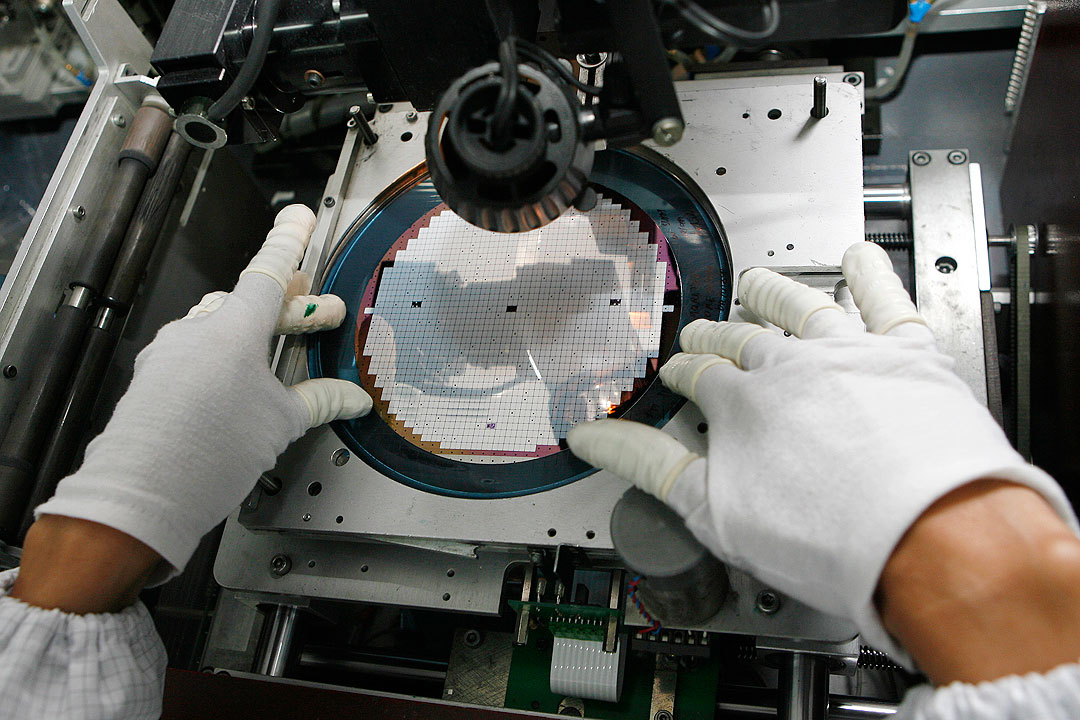
The Advanced Manufacturing Workforce Development Alliance (AMDev) Program is expected to take in 11,000 trainees, expanding beyond the initial intake of electronics and pharmaceuticals workers, an official said.
“While we started with electronics and pharmaceuticals, we want to spread the wealth, we want to spread the technical competence (to other industries),” Danilo C. Lachica, chief of party of the AMDev Program, said Tuesday at the Advanced Manufacturing Stakeholder Forum 2023.
The AMDev is a five-year public-private partnership that aims to build up the capacity of the education system to meet the changing industry requirements.
It was initiated by the US Agency for International Development and Unilab Foundation in 2022.
“Our target for the first year was only 300 trainees and we’ve actually exceeded that by 35%; we are now up to 405 individuals. We hope to expand that to 1,000 by year two all the way to 11,000,” said Mr. Lachica.
In its second year, Mr. Lachica said that AMDev will be taking in chemical and food manufacturing workers.
“At the end of the day, this is not just about the pharmaceuticals and electronics industries, this is advanced manufacturing for all industries in the Philippines,” he said.
Mr. Lachica said that the program might end up training more than the 11,000 target with the expansion of its advanced manufacturing institutes (AMIs).
“We are confident that we will exceed that because we’re going to expand the AMIs… essentially nationwide in a number of sectors or industries,” he said.
Gonzalo C. Serafica, executive director for Center for Integrated STEM Education, Inc., said that only about 15% of surveyed companies are engaged in advanced manufacturing, adding that a previous survey showed that the proportion is high in the CALABARZON region where the electronics industry is concentrated.
“They are mainly involved in cybersecurity, supply chain management, data science, big data, and cloud computing,” he said.
Mr. Lachica said that a survey of the Semiconductor and Electronics Industries in the Philippines Foundation, Inc. (SEIPI) indicated that 52% are at the Industry 4.0 level, a phase of manufacturing evolution incorporating robotics, analytics, automation, and big data, among others.
He said that the still low adoption levels are due to lack of understanding, and financial challenges in implementing automation.
“What we hope to do from SEIPI’s perspective is to help educate the rest of the industries on the benefits of getting into advanced manufacturing… the end goal is not only to help specific industries but to help the whole economy raise the level of manufacturing activity,” he added. — Justine Irish D. Tabile



